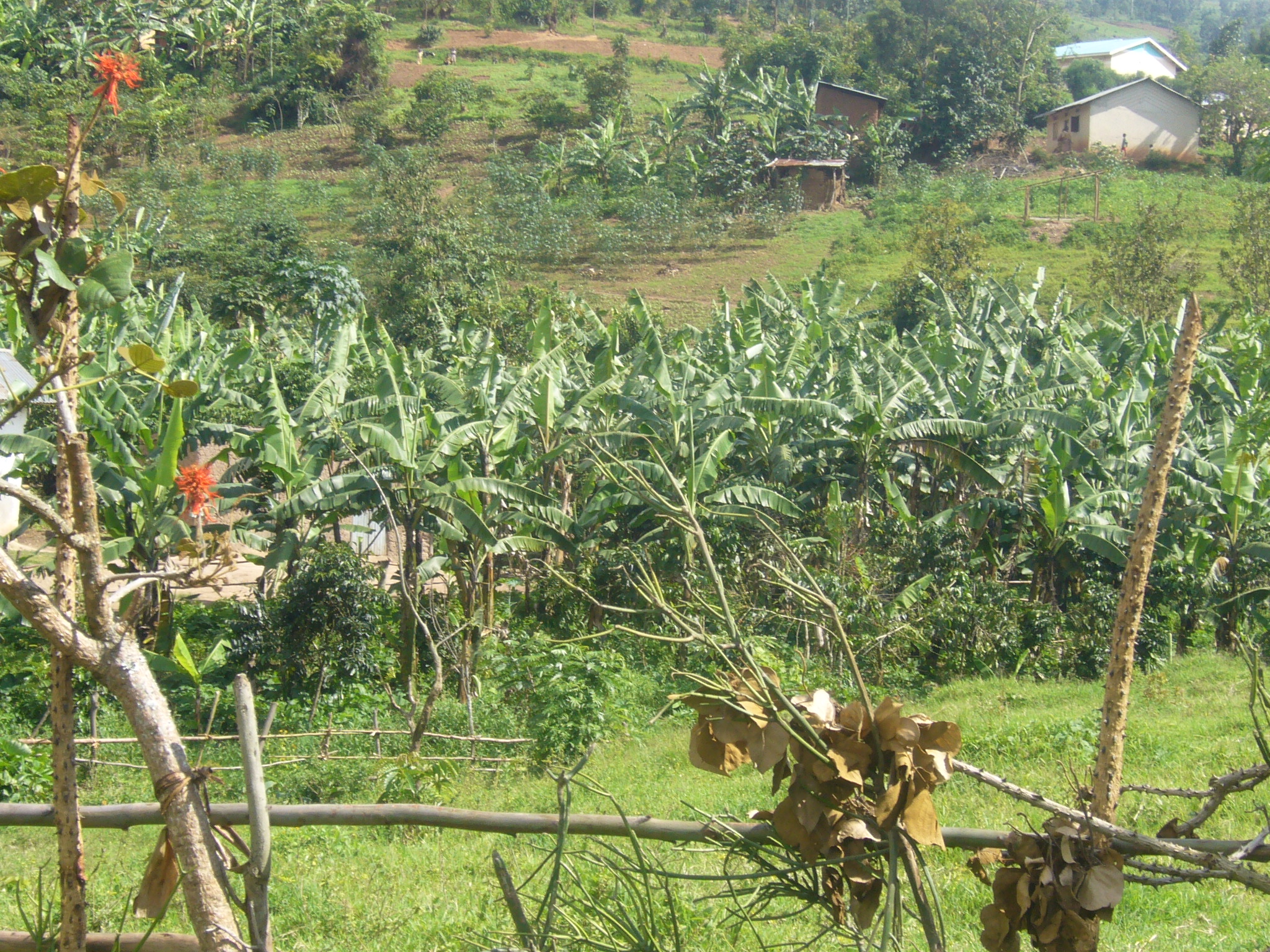
The Research problem
(WP1) Our current research focuses on the potato cyst nematode that has recently been identified for the first time in East African countries including Uganda, Kenya and Rwanda. Potato is an important staple food crop for millions of people in these countries, although yields are well below their potential. We have shown that mycorrhizal fungi can limit losses to potato cyst nematodes in the potato crop. We will determine if the same bio-amendment can protect plants from attack by root-knot nematode, another important nematode pest that causes losses to a wide range of crops in Uganda. The effect of the bio-amendment on both nematode parasitism and on the growth and yield of the crop will be analysed.
(WP2) In order to deliver a change to Ugandan smallholders, we firstly need to assess the potential for uptake of new farming practices amongst the target group of Ugandan smallholder farmers. We will assess local agricultural practices and the prospects of introducing new methods. This will cover six main areas: 1) Gather the range of crops and their importance to smallholder agriculture in the Kampala region of Uganda. 2) Assess local knowledge of plant parasitic nematodes and bio-amendments. 3) Determine the practices employed by smallholders to mitigate plant parasitic nematodes, and the grower’s views on their efficacy. 4) Assess the awareness specifically regarding the use of mycorrhizal fungi for reducing pathogens/pests and increasing crop yields. 5) Assess what growers look for in new farming practices and how mycorrhizal fungi may have not yet met these requirements. 6) Assess the role of gender in the above considerations.
Project Objectives
At the end of the WUN-funded project we will (1) know if mycorrhizal fungi can specifically protect crops from the effects of the root-knot nematodes that are widespread in Africa, and (2) will have the necessary information to successfully implement bio-amendments in future trials with small-holder farmers in Uganda. WUN RDF is facilitating the network of three Universities in order to tackle the issue of crop protection in Uganda.
